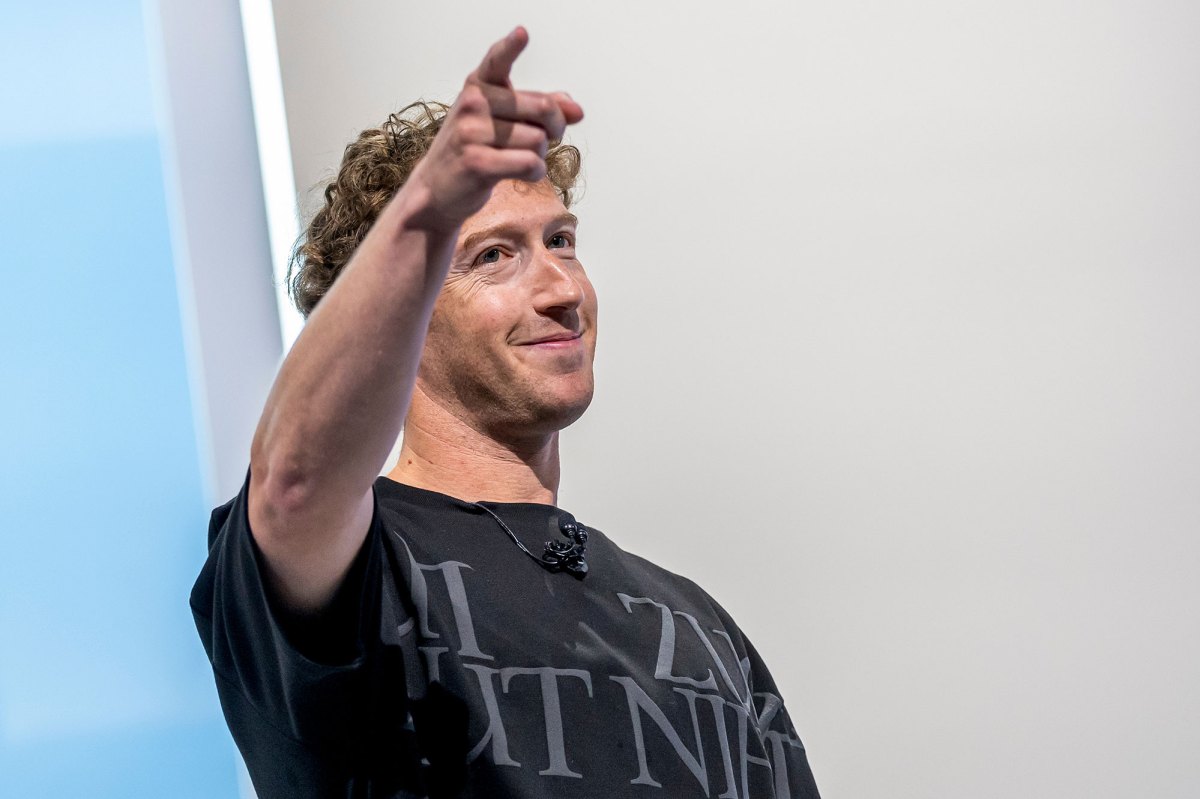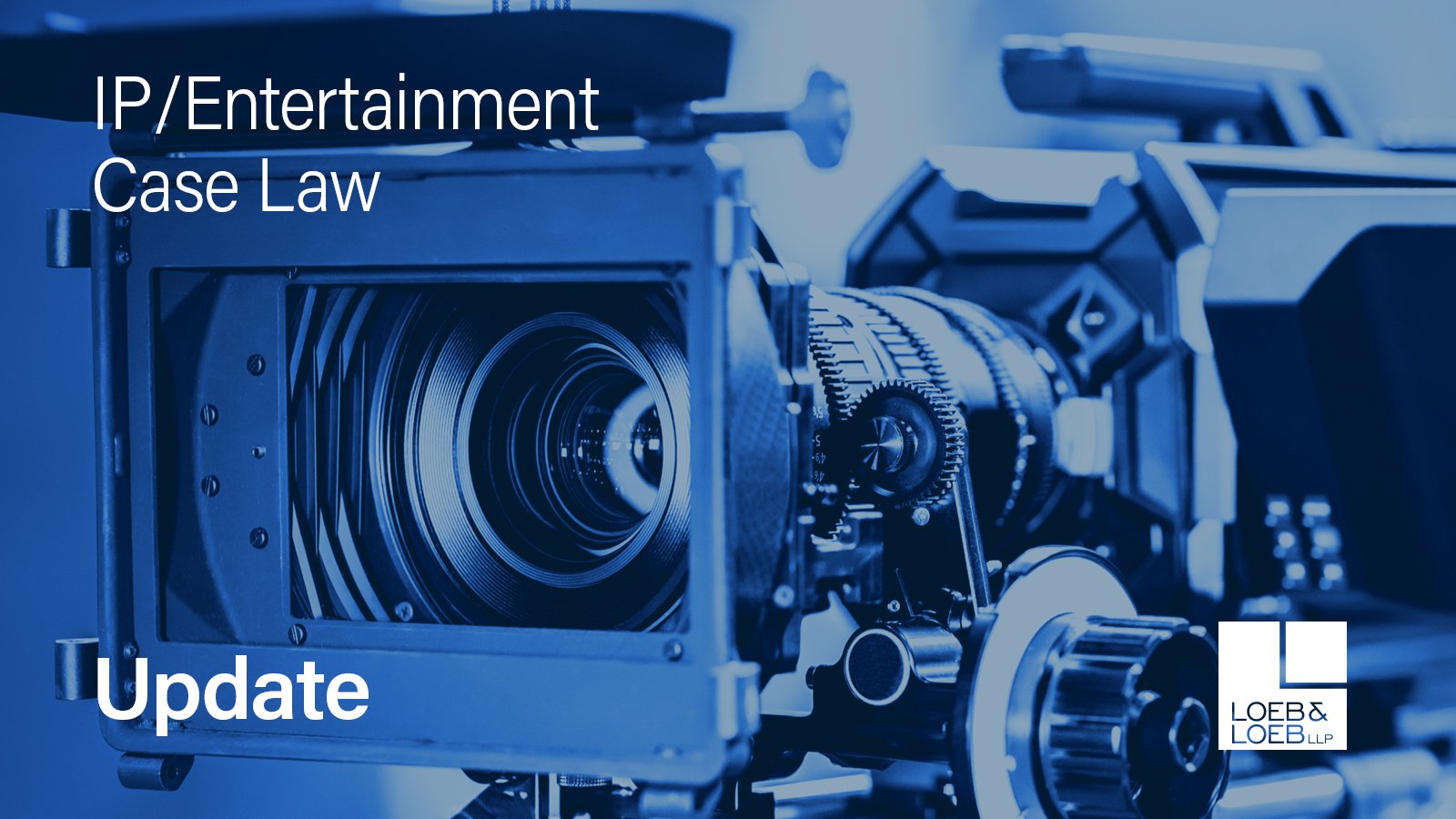On July 7, 2023, writers Richard Kadrey, Sarah Silverman, and Christopher Golden filed a class action lawsuit against Meta Platforms in the Northern District Court of California, claiming that the company used their books without permission to train its Large Language Model Meta AI (LLaMA), which was released in February 2023. The case holds particular significance in the development of artificial intelligence legal regulation, as its central question is whether the use of copyrighted materials for training AI models meets the "fair use" principle, which Meta claims but the authors strongly dispute.
New court filings contain partial transcripts from the deposition of Meta employees and indicate that the company suspended negotiations with publishers regarding book licensing in April 2023. According to the testimony of Sy Choudhury, who leads Meta's AI partnership initiatives, publishers responded and showed interest very slowly, and particularly the publishers of fiction books often themselves stated that they actually don't have the rights to license the data to us. In their amended complaint, the plaintiffs made serious allegations that Meta used pirated e-books from "shadow libraries" to train several of its AI models, including the popular Llama series, and claim that the company may have obtained these libraries via torrenting – which the plaintiffs consider copyright infringement, since torrenting involves users simultaneously downloading and uploading files.
The court dismissed several claims, including direct copyright infringement based on derivative work theory, vicarious copyright infringement, and violation of the Digital Millennium Copyright Act (DMCA). The judge found the argument that the LLaMA software itself is an infringing derivative work to be "nonsensical," since "the models are in no way a recasting or adaptation of the plaintiffs' books." The dismissal of the vicarious copyright infringement claim was justified by the fact that the complaint does not allege that any output generated by LLaMA contains protectable expression that reframes or adapts the books. The court emphasized that to support the theory of derivative infringement, "substantial similarity" would need to be proven, meaning the plaintiffs would need to claim that the software outputs incorporate in some form a portion of their books. The plaintiffs' only remaining cause of action relates to direct infringement, based on Meta's allegedly unauthorized copying of books during the training of LLaMA.
Sources:
1.

2.

3.











